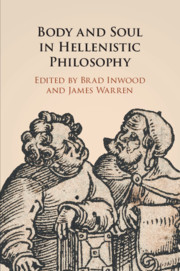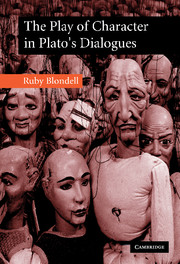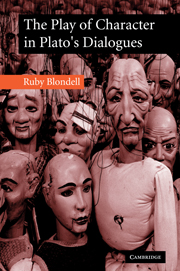Language and Learning
The philosophers and scholars of the Hellenistic world laid the foundations upon which the Western tradition based analytical grammar, linguistics, philosophy of language, and other disciplines probing the nature and origin of human communication. Building on the pioneering work of Plato and Aristotle, these thinkers developed a wide range of theories about the nature and origin of language which reflected broader philosophical commitments. In this collection of nine essays, a team of distinguished scholars examines the philosophies of language developed by, among others, Plato, Aristotle, Epicurus, the Stoics, and Lucretius. They probe the early thinkers' philosophical adequacy and their impact on later theorists. With discussions ranging from the Stoics on the origin of language to the theories of language in the twelfth and thirteenth centuries, the collection will be of interest to students of philosophy and of language in the classical period and beyond.
- International team of experts examines key developments in the study of human language during the Hellenistic period
- Explores the influence of classical theories of language on those of later periods, notably the Middle Ages
- Wide-ranging in scope and with a new and substantial introductory essay
Product details
No date availableAdobe eBook Reader
9780511111914
0 pages
228 × 152 mm
0kg
Table of Contents
- Introduction Dorothea Frede and Brad Inwood
- 1. The Stoics on the origin of language and the foundations of etymology James Allen
- 2. Stoic linguistics, Plato's Cratylus, and Augustine's De dialectica A. A. Long
- 3. Epicurus and his predecessors on the origin of language Alexander Verlinsky
- 4. Lucretius on what language is not Catherine Atherton
- 5. Communicating cynicism: Diogenes' gangsta rap Ineke Sluiter
- 6. Common sense: concepts, definition and meaning in and out of the Stoa Charles Brittain
- 7. Varro's anti-analogist David Blank
- 8. The Stoics on fallacies of equivocation Susanne Bobzien
- 9. What is a disjunction? Jonathan Barnes
- 10. Theories of language in the Hellenistic age and in the twelfth and thirteenth centuries Sten Ebbesen.






